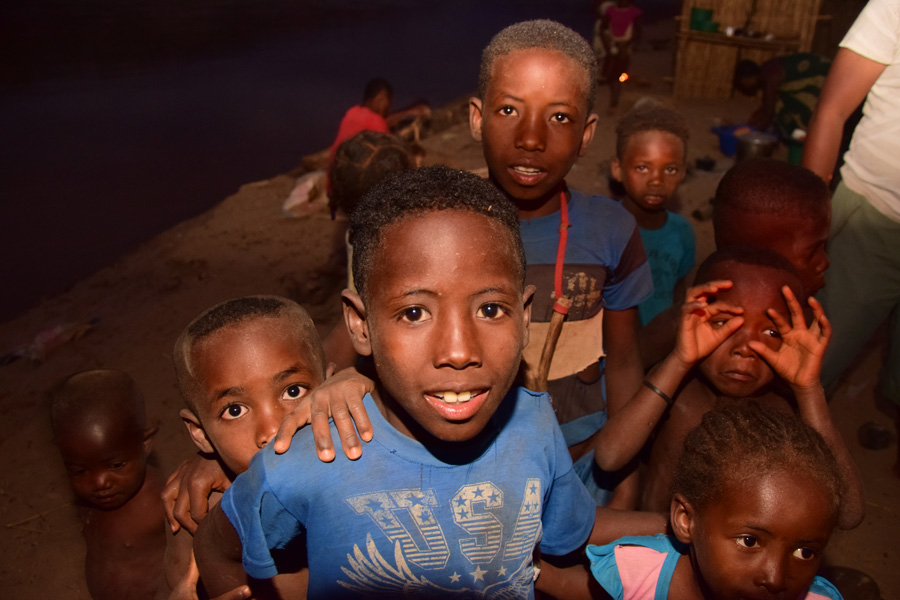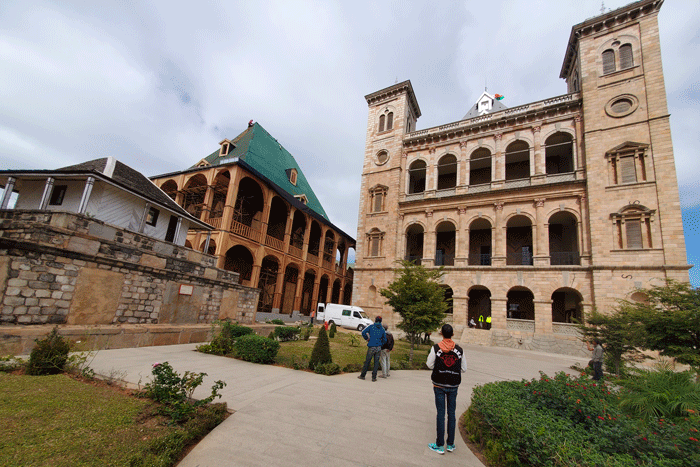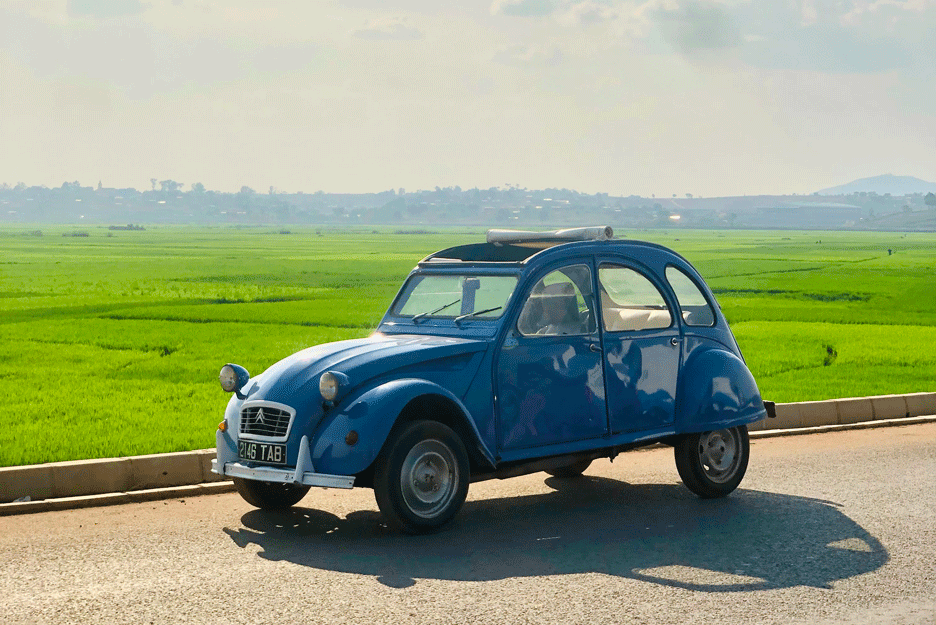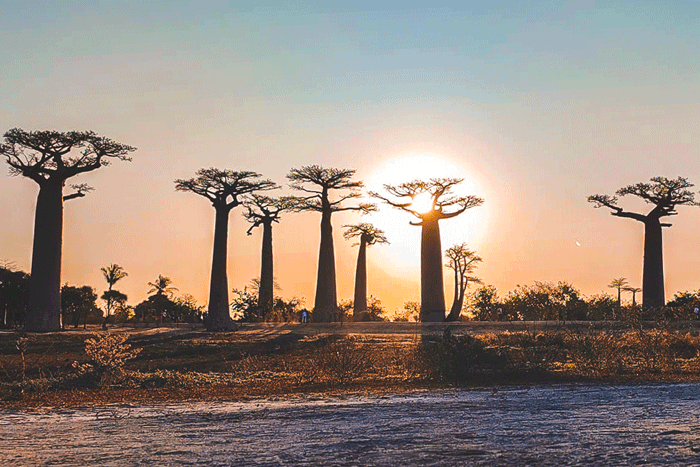Getting on well with local people
Getting along with the Malagasy people is not just a matter of politeness, but also opens the door to a rewarding travel experience. Their knowledge, passed down from generation to generation since the ancestors, can make your interaction with them particularly beneficial. This allows you to discover ancient stories, unusual places, unknown species, traditional medicinal practices, and the « Lova-tsofina ». It can even be said that professional guides and the most experienced Malagasy researchers continue to learn from local practices to enrich their studies and knowledge.

Understanding Culture and Traditions
As often said, the Malagasy population enjoys remarkable diversity due to its multiple origins and the intermingling of ethnicities during the short periods when they were not at war. Before traveling to Madagascar, it is therefore essential to learn about the specific practices and local customs of the village or region you plan to visit. In some cities or among some ethnic groups, certain gestures and lifestyles may be considered taboo by other ethnic groups. It is advisable to inform yourself well before traveling. However, some practices are common to all Malagasy people, such as the concept of « Fihavanana ». This fundamental principle of Malagasy society values community, solidarity, and good interpersonal relations. It is also crucial to show respect towards elders and traditions.
Using Appropriate Greetings
Malagasy people are known for their sociable nature and place great importance on basic formalities such as greetings. It is common to be warmly greeted by locals during your travels in Madagascar. It is useful to learn some essential words in Malagasy, like « Salama » to say hello or « Veloma » to say goodbye. Greetings are usually accompanied by a smile and a handshake, thus marking respect and friendliness.
Respecting Social Hierarchy
Social hierarchy is highly respected in Madagascar. In ancient times, the Zokiolona (elderly), Ray aman-dReny (parents), or elders were the heads of villages or clans. Society was guided by their wisdom, beliefs, and especially their experience. In other words, they held a very important place in the lives of the Malagasy people, and society obeyed the orders of these Zokiolona. Even today, in remote areas, Malagasy people strongly continue this tradition. So, when you meet a group of people, always start by greeting the eldest or those in positions of authority.
Being Patient and Flexible
The concept of time in Madagascar is flexible, not to directly say that Malagasy people are not punctual. Being late are common and generally accepted, whether in the public or private sector, hence the term « Fotoan-gasy », which translates to « Malagasy time », meaning that no one is ever really on time. It is important to adopt a patient attitude and not to show frustration in case of delays or changes in plans.
Offering and Accepting with Both Hands
Whether giving or receiving something, always use both hands or touch your right arm with your left hand. This is perceived as a sign of respect. However, this gesture can also vary according to the ethnic group. In such a situation, simply imitate the gesture of the giver.
Respecting Taboos (Fady)
There are several « Fady », or taboos, in Madagascar, which vary from region to region. They can involve specific foods, like the prohibition of eating pork, bringing garlic or onions, consuming goat meat, etc., behaviors, like not pointing with the right index finger, not looking at or taking pictures of certain things, or even concerning sacred places. Inform yourself about the local Fady and respect them.
Participating in Local Traditions
If you are invited to participate in a ceremony or local tradition, for example the « Turning of the Bones » (Famadihana), accept if possible. This shows your interest and respect for Malagasy culture.
Avoiding Sensitive Topics
Malagasy people are very sensitive to political and religious topics, as well as to their ethnic diversity, like discussions about the Merina (the ethnic group from the center) and the Coastal people (ethnic groups living on the coasts). Avoid bringing up these topics, if possible, unless your interlocutor brings them up first.
Photographing with Permission
Always ask for permission before taking photos of people, their properties, or places that might be sacred. Many Malagasy people in remote areas believe that photos can capture a part of their soul or may be taken for the purposes of witchcraft.
Contributing to the Local Economy
Support the local economy by purchasing local products and services. Negotiate prices respectfully, as it’s a part of the commercial culture.
Need assistance?
Do not hesitate to contact our Madagascar specialists

Lemurs Meeting

Antananarivo day tour
Other travel guides that may help you

The Fady to respect in Madagascar
Fady or taboos play an important role in Madagascan society.

Public Transport in Madagascar
Madagascar has different types of public transport that could be useful to you.

Accommodation in Madagascar
Madagascar has a wide range of accommodation to cater for all tastes.




